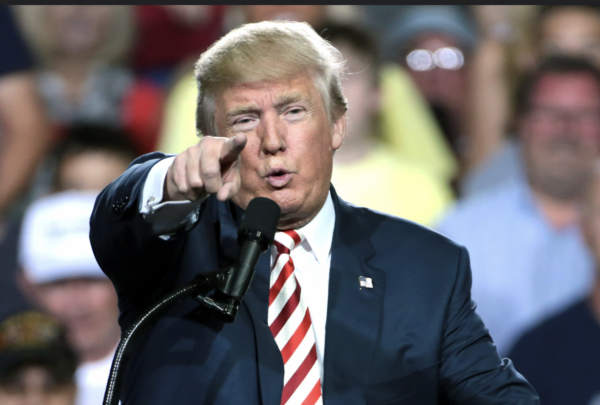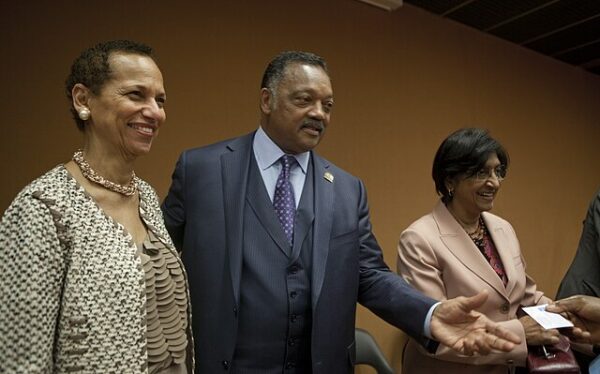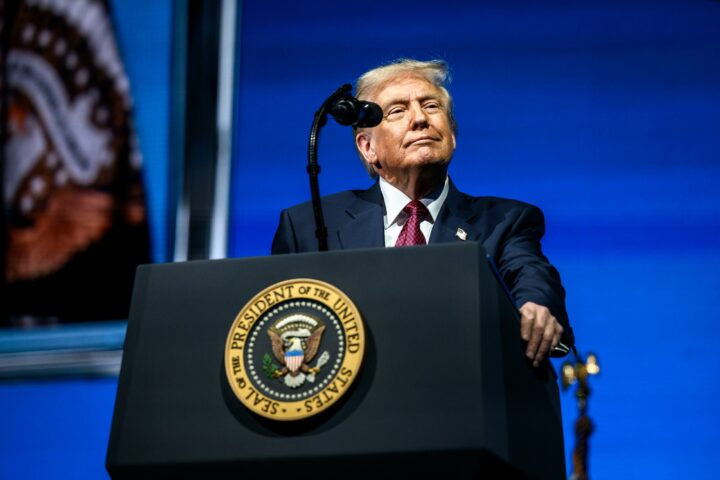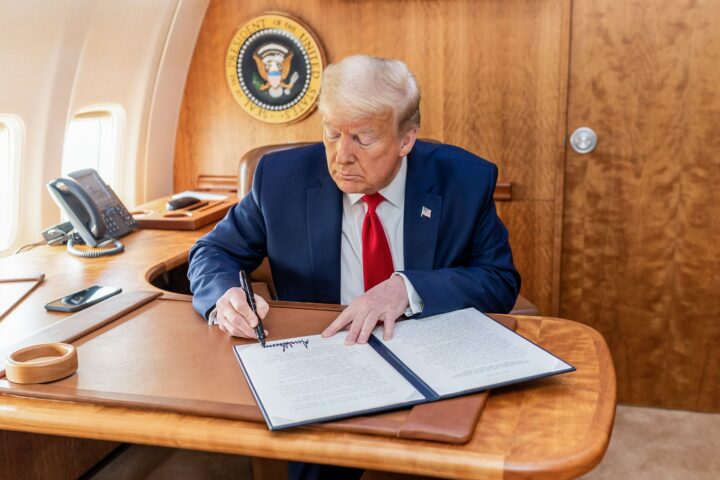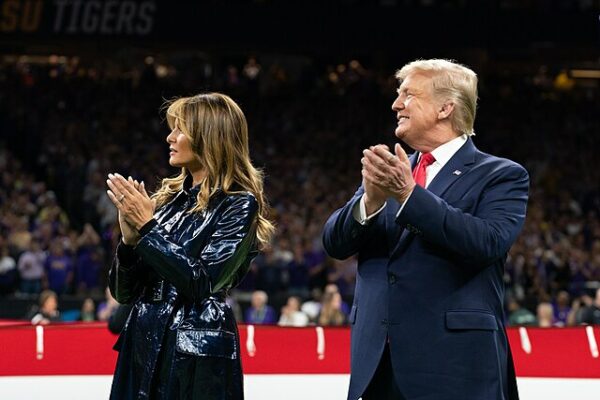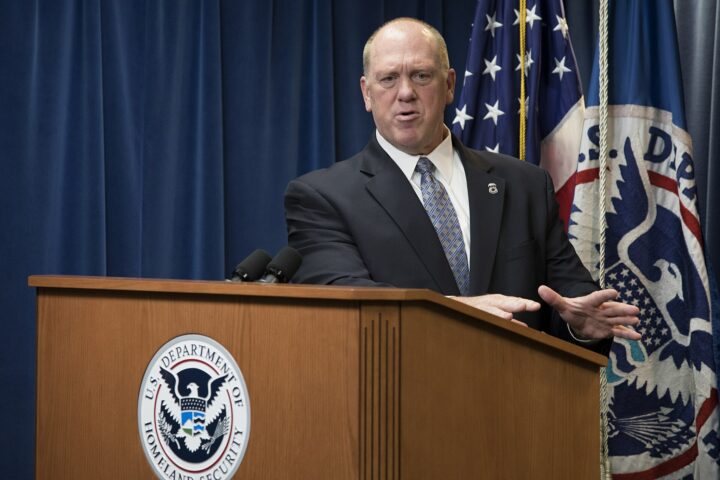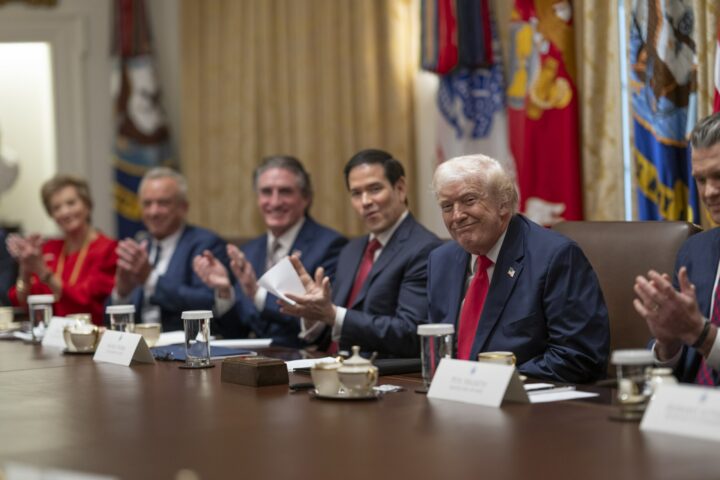In a characteristically sharp broadside, President Donald Trump turned his fire on one of the most powerful banks in the world, ridiculing Goldman Sachs CEO David Solomon over the firm’s warnings about his tariff policies and suggesting he “just focus on being a DJ.”
Trump’s remarks, posted on Truth Social, came in response to a Sunday research note from Goldman’s longtime chief economist Jan Hatzius, who projected that U.S. consumers—already absorbing roughly 22% of tariff costs through June—could shoulder as much as 67% by October if new duties behave like earlier ones. Goldman Sachs, a Wall Street institution with deep influence over global markets and policy circles, has consistently cautioned that Trump’s escalating trade measures risk burdening American households, writes CNBC.
The president, touting nearly $28 billion in tariff revenue collected in July, rejected the analysis outright. “Tariffs have not caused Inflation, or any other problems for America, other than massive amounts of CASH pouring into our Treasury’s coffers,” Trump wrote, insisting that “for the most part” foreign companies and governments—not American consumers—are paying the price. Without naming Hatzius, he accused Solomon of refusing to “give credit where credit is due” and of making “a bad prediction a long time ago on both the Market repercussion and the Tariffs.”
In a jab that blended policy dispute with personal mockery, Trump added: “I think that David should go out and get himself a new Economist or, maybe, he ought to just focus on being a DJ, and not bother running a major Financial Institution.” The comment referenced Solomon’s side career performing as “DJ D-Sol,” a hobby that has raised eyebrows even within the banking world.
While a Goldman Sachs spokesperson declined to respond, the episode underscores the simmering friction between Trump and Wall Street over trade policy. Economists across the spectrum warn that the delayed effects of tariffs may yet hit consumers, with some businesses already signaling price increases to offset import duties. Trump, meanwhile, has adjusted his approach in recent months—pausing his global “reciprocal” tariffs announced in April and scaling back duties on Chinese goods from a high of 145% to 30% since May.
The clash is emblematic of a broader, high-stakes standoff between the White House and one of the financial world’s most elite players, pitting finance against the working class.
[Read More: Trump Moves To Crack Down On Homeless Camps In DC]

